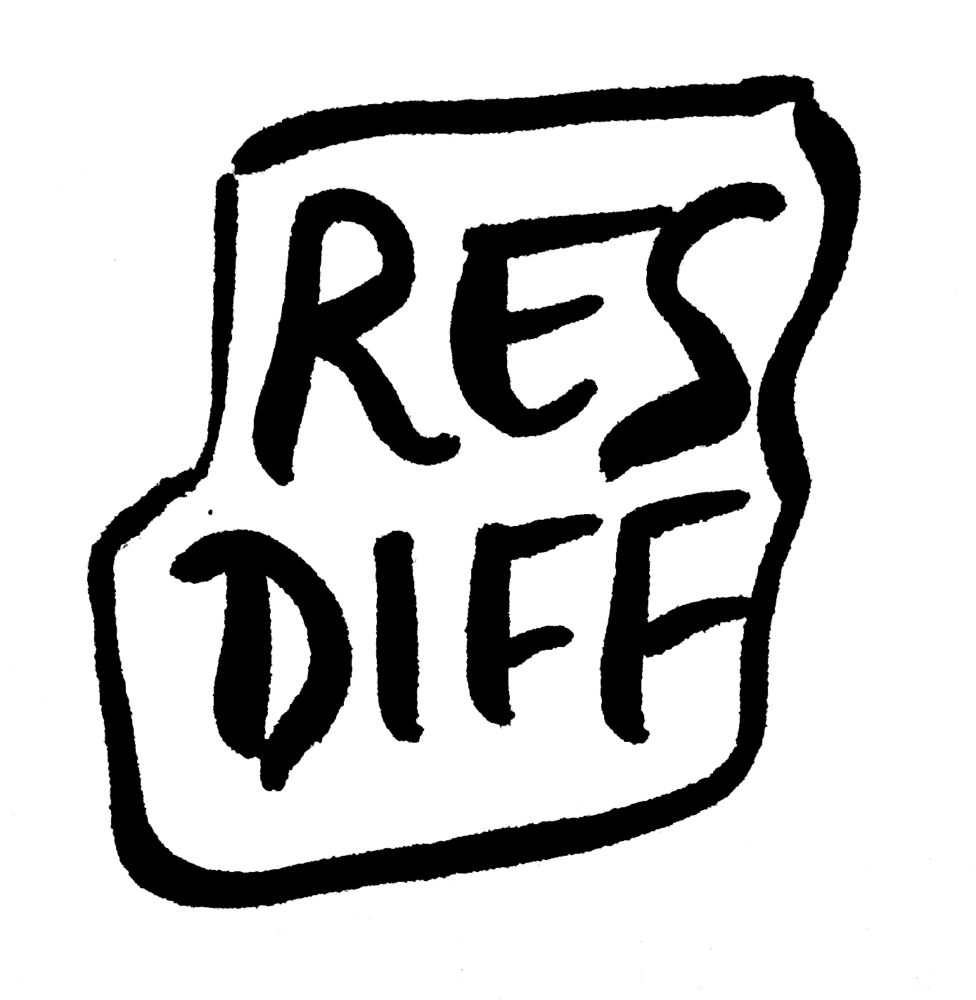Debby Sneed
@debscavator.bsky.social
160 followers
200 following
24 posts
Nondisabled researcher of disability in ancient Greece. she/her pronouns in bio. Who do you think you are? I am
Posts
Media
Videos
Starter Packs
Pinned
Reposted by Debby Sneed









